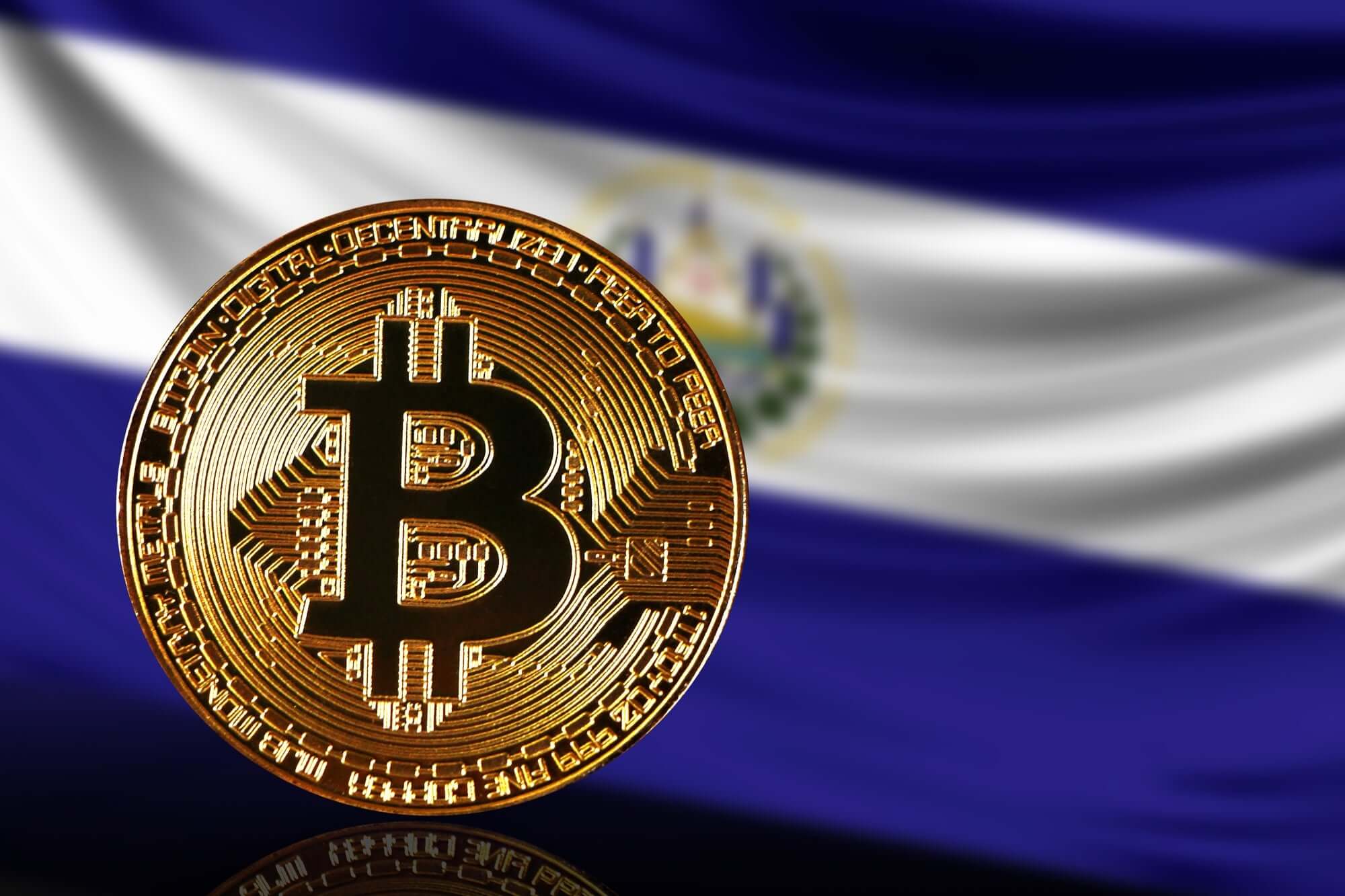El Salvador Defies IMF Again, Keeps Buying Bitcoin Despite Loan Conditions
28.05.2025 18:00 1 min. read Alexander Stefanov
El Salvador has secured a $120 million disbursement from the IMF as part of its $1.4 billion loan agreement, but only after agreeing to reduce direct government involvement in Bitcoin operations.
The country must cease using the state-run Chivo wallet by the end of July and maintain current Bitcoin holdings without further state purchases.
Despite these terms, President Nayib Bukele’s administration continues to quietly accumulate Bitcoin.
The country’s Bitcoin Office confirmed another recent purchase, bringing El Salvador’s total holdings to over 6,190 BTC. Bukele claims the national portfolio is now up 132%, with an unrealized gain of $386 million.
While the IMF reiterates caution, El Salvador presses on with its Bitcoin strategy — reportedly buying one BTC daily. Some speculate the government may be using third-party entities to stay technically within IMF guidelines while continuing to expand its crypto reserves.
This delicate balancing act underscores a growing friction between traditional finance rules and emerging digital asset policies.
-
1
Veteran Trader Peter Brandt Shares Simple Wealth Strategy with Bitcoin at Its Core
30.06.2025 15:00 2 min. read -
2
Bitcoin Tops Crypto Social Buzz as $110,000 Milestone Fuels Market Debate
04.07.2025 8:15 3 min. read -
3
Mysterious $8.6B Bitcoin Transfer Sparks Speculation Over Satoshi-Era Wealth
05.07.2025 15:00 3 min. read -
4
10,000 Dormant Bitcoin Moved After 14 Years: Volatility Ahead?
04.07.2025 20:00 2 min. read -
5
UniCredit to Launch Structured Product Tied to BlackRock’s Spot Bitcoin ETF
01.07.2025 17:53 1 min. read
JPMorgan Lawsuit Threatens Crypto Access and Open Banking Rights
JPMorgan and other major U.S. banks are under fire for a lawsuit aimed at dismantling the Consumer Financial Protection Bureau’s (CFPB) newly established “Open Banking Rule.”
UK to Sell Almost $7B in Seized Bitcoin as Treasury Eyes Crypto Boost
The United Kingdom’s Home Office is preparing to liquidate a massive cache of seized cryptocurrency—at least $7 billion worth of Bitcoin—according to a new report by The Telegraph.
Crypto’s Top Narratives in Focus, According to AI
A fresh breakdown from CoinMarketCap’s AI-powered narrative tracker reveals the four most influential crypto trends currently shaping the market: BTCFi & DePIN, U.S. regulatory breakthroughs, AI agent economies, and real-world asset (RWA) tokenization.
Greed Holds as Market Momentum Builds: What is the Market Sentiment
The crypto market remains firmly in “Greed” territory, with CoinMarketCap’s Fear & Greed Index clocking in at 69/100 on July 19. Despite a modest 24-hour dip from 71, the index has now held above 60 for 11 consecutive days.
-
1
Veteran Trader Peter Brandt Shares Simple Wealth Strategy with Bitcoin at Its Core
30.06.2025 15:00 2 min. read -
2
Bitcoin Tops Crypto Social Buzz as $110,000 Milestone Fuels Market Debate
04.07.2025 8:15 3 min. read -
3
Mysterious $8.6B Bitcoin Transfer Sparks Speculation Over Satoshi-Era Wealth
05.07.2025 15:00 3 min. read -
4
10,000 Dormant Bitcoin Moved After 14 Years: Volatility Ahead?
04.07.2025 20:00 2 min. read -
5
UniCredit to Launch Structured Product Tied to BlackRock’s Spot Bitcoin ETF
01.07.2025 17:53 1 min. read


